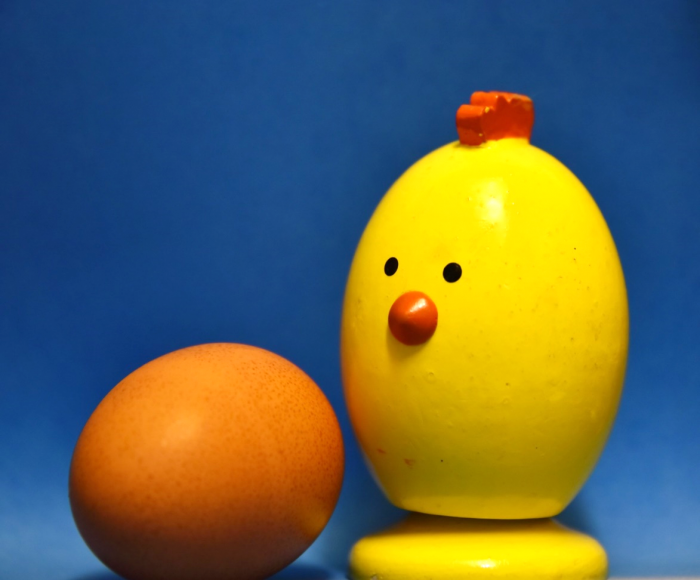Inspirational Polyglots from Around the World
Delve Into the Mind of a Polyglot
As a UK citizen I was raised speaking English, and only English. However, as I started to travel the world I was struck by how many everyday people speak 2 or more languages. There are some who have even risen above this to become a polyglot or even a hyperpolyglot – someone who has mastered a large number languages.
But have you ever wondered if anyone can acquire this God-like ability, or is it only in the reach of a freaky few?

Photo via Flickr
Was It The Chicken Or The Egg?
Although our brains are naturally wired for language, and we definitely have the ability to speak a second language, only 1 in 4 Britons can speak a second language fluently. This could certainly be an effect of how languages are being taught in schools, but some researchers suggest that polyglots possess a unique neurology, well-suited for learning languages very quickly. This neuronal power enables them to encode language in long-term memory and recall it quickly.
Researchers from McGill University also found that your neuronal activity dictates your ability to acquire a new language. In the study, scientists scanned the brain activity of 15 English speakers before and after a 12-week intensive French course. Participants with stronger connections between the left anterior operculum and the left superior temporal gyrus (an important region for retaining languages) scored significantly higher when it came to the speaking test.
But whether it is a neurological advantage or a passion for languages that gifts a polyglot’s language abilities is still up for debate, as there is a limited amount of reliable research. Like the archetypal question on whether the chicken or the egg came first, it remains a causality dilemma.

Photo via Public Domain Pictures
(It must have been the egg, right?)
Have many of us just missed the boat?
Nearly all children exposed to language naturally acquire it, as if by magic. Research suggests that this innate ability diminishes rapidly around the age of puberty. Children, unlike adults, seem to be liberated from lateralisation of language to the just left hemisphere, which enables them to learn a language somewhat three-dimensionally as they can engage the 3D spatial acuity of the right hemisphere as well.
Early language learning may indeed be what gives many polyglots the upper-hand. Simon Ager for example, a renowned British Polyglot, was exposed to languages from a very young age as his mother also shared an interest in this field of study. Consequentially, Simon mastered French and German at school before going on to study Chinese and Japanese at university. However, even he recognises that there are numerous unorthodox, but still effective, methods of language learning that even us mere mortals can employ.
Methods behind the “Polyglot-ness”
The secret behind becoming a polyglot seems to be that they have studying a language down to a science. According to Time, polyglots can quickly identify which study methods work for best for them, and they apply these to their target language(s) with an unrelenting amount of tenacity. This is also supported by research on bilingual and polyglot aphasics which identified frequency of use to play a key part in language learning, particularly in the early stages.
Fortunately, many polyglots are forthcoming with their advice on how anyone can learn multiple languages. Susanna Zaraysky claims her most effective language learning habit is through the power of immersion, or in her words, “I surround myself with my target language”. She incorporates this technique into her daily life by playing songs with slow lyrics or listening to podcasts.
If you also share the dream of becoming a polyglot, Luca Lamapriello, one of the most esteemed polyglots today, would tell you to go for quality over quantity by dedicating a little time to your target language every day. Applying this methodology creates a foundation for any languages you choose to pursue in the future, as many polyglots leverage the knowledge gained from their base language.
The maximum human potential?
Polyglots both inspire and mystify. Like the teenager who can solve a Rubik’s cube in under 5 seconds, they can fix the iridescent qualities of a language in a remarkably short space of time. And, until science proves otherwise, the only real difference that lies between a monoglot and a polyglot seems to be that the latter does not give up. So who knows, showing the same level of determination in your language studies could place you among the top polyglots in just a few years time – inspiring and mystifying language learners around the world with your freaky talents.
